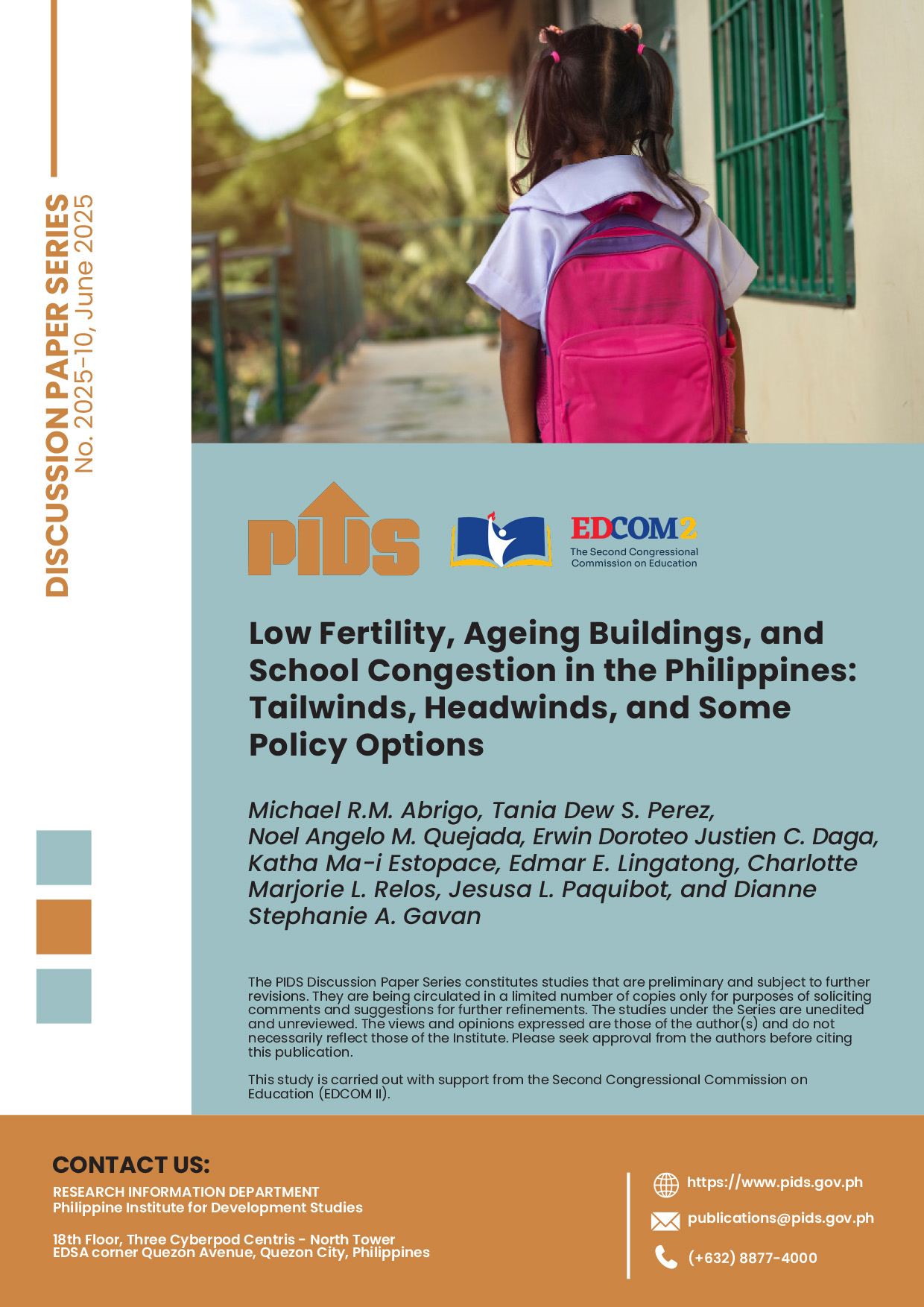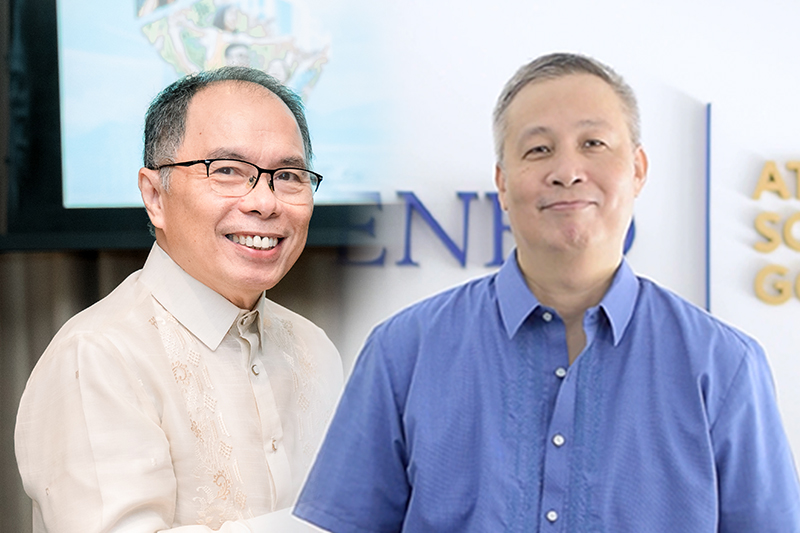The Housing and Urban Development Coordinating Council (HUDCC) is pushing for a stronger land use policy that is efficiently administered through an integrated land and ISF information system to address housing affordability, which remains a challenge to many Filipino families.
Vice President and HUDCC Chair Leni Robredo said the affordability of housing has been adversely affected by out-of-control urbanization and unplanned urban sprawl where demand for residential lands far outstrips the available supply of land, particularly in densely populated areas.
“The challenge that we face now is setting in place a stronger land use policy that is efficiently administered through an integrated land and ISF information system,” the Vice President said.
“This will be complemented by providing innovative housing solutions through the Key Shelter Agencies (KSAs) and Public-Private Partnerships to address opportunity gaps facing the homeless and low-income families,” she added.
Last September, HUDCC began integrating and consolidating data on ISFs from the National Household Targeting System (NHTS) of DSWD, as well as data from the European Satellite Agency (ESA) and on land titles in Metro Manila in ESA-identified areas from the Land Registration Authority (LRA).
In response, the Vice President said that part of HUDCC’s new strategic direction is putting greater focus in empowering the local government units (LGUs) as efficient urban managers with the capacity to develop plans and deliver services to their growing urban population.
“HUDCC is also studying measures towards more integrated and inclusive transport infrastructures that provide families and residents living outside the cities easier access to livelihood opportunities in the urban centers,” the Vice President said.
The measures will be discussed with the Department of Transportation (DOTr) and the member-agencies at the next meeting of the Council.
Recently, NEDA approved HUDCC’s request to join DOTr in the Infrastructure Subcommittee on Transport for the Philippine Development planning process in light of HUDCC’s mandate on urban development.
In turn, HUDCC proposed that DOTr be made a regular member of the Council thru a draft Executive Order strengthening HUDCC that was submitted to the Office of the President last October 5, 2016.
HUDCC has also been drawing in the expertise of international national organizations such as Habitat for Humanity, UN Habitat and World Bank, to help build the technical capabilities of LGUs in developing their shelter plans using evidence-based planning and decision-making.
On Thursday, October 27, HUDCC and Habitat for Humanity (HFH) signed a partnership in assisting at least 50 cities and 300 municipalities in implementing their LSPs and in packaging appropriate housing projects and technical assistance in accessing home financing options under the government’s key shelter agencies (KSAs).
“We are also developing innovative approaches to housing finance, including housing microfinance and the use of right-based land tenure instruments as collateral substitutes,” she added. (BCM)
“Furthermore, we are looking into a public rental housing program to cater to the needs of individuals whose needs are temporary or are otherwise not looking to own a home where they are working,” she added.
This initiative would address the housing needs of families who cannot afford homeownership, but still wish to save more from their income to own a home in the future,” she emphasized.
According to a Philippine Institute for Development Studies (PIDS) study in 2004, almost half of the urban population are renters and sharers, 33 percent and 17 percent, respectively.
It was also observed that the marked proliferation of rental housing is found mostly in informal settlements.
HUDCC has already convened a Technical Working Group (TWG) that is currently undertaking a series of consultations with different stakeholders to develop a public rental housing program and other nonownership based modes for providing more affordable housing options.(BCM)
Vice President and HUDCC Chair Leni Robredo said the affordability of housing has been adversely affected by out-of-control urbanization and unplanned urban sprawl where demand for residential lands far outstrips the available supply of land, particularly in densely populated areas.
“The challenge that we face now is setting in place a stronger land use policy that is efficiently administered through an integrated land and ISF information system,” the Vice President said.
“This will be complemented by providing innovative housing solutions through the Key Shelter Agencies (KSAs) and Public-Private Partnerships to address opportunity gaps facing the homeless and low-income families,” she added.
Last September, HUDCC began integrating and consolidating data on ISFs from the National Household Targeting System (NHTS) of DSWD, as well as data from the European Satellite Agency (ESA) and on land titles in Metro Manila in ESA-identified areas from the Land Registration Authority (LRA).
In response, the Vice President said that part of HUDCC’s new strategic direction is putting greater focus in empowering the local government units (LGUs) as efficient urban managers with the capacity to develop plans and deliver services to their growing urban population.
“HUDCC is also studying measures towards more integrated and inclusive transport infrastructures that provide families and residents living outside the cities easier access to livelihood opportunities in the urban centers,” the Vice President said.
The measures will be discussed with the Department of Transportation (DOTr) and the member-agencies at the next meeting of the Council.
Recently, NEDA approved HUDCC’s request to join DOTr in the Infrastructure Subcommittee on Transport for the Philippine Development planning process in light of HUDCC’s mandate on urban development.
In turn, HUDCC proposed that DOTr be made a regular member of the Council thru a draft Executive Order strengthening HUDCC that was submitted to the Office of the President last October 5, 2016.
HUDCC has also been drawing in the expertise of international national organizations such as Habitat for Humanity, UN Habitat and World Bank, to help build the technical capabilities of LGUs in developing their shelter plans using evidence-based planning and decision-making.
On Thursday, October 27, HUDCC and Habitat for Humanity (HFH) signed a partnership in assisting at least 50 cities and 300 municipalities in implementing their LSPs and in packaging appropriate housing projects and technical assistance in accessing home financing options under the government’s key shelter agencies (KSAs).
“We are also developing innovative approaches to housing finance, including housing microfinance and the use of right-based land tenure instruments as collateral substitutes,” she added. (BCM)
“Furthermore, we are looking into a public rental housing program to cater to the needs of individuals whose needs are temporary or are otherwise not looking to own a home where they are working,” she added.
This initiative would address the housing needs of families who cannot afford homeownership, but still wish to save more from their income to own a home in the future,” she emphasized.
According to a Philippine Institute for Development Studies (PIDS) study in 2004, almost half of the urban population are renters and sharers, 33 percent and 17 percent, respectively.
It was also observed that the marked proliferation of rental housing is found mostly in informal settlements.
HUDCC has already convened a Technical Working Group (TWG) that is currently undertaking a series of consultations with different stakeholders to develop a public rental housing program and other nonownership based modes for providing more affordable housing options.(BCM)












